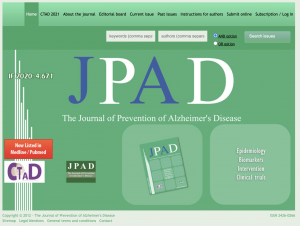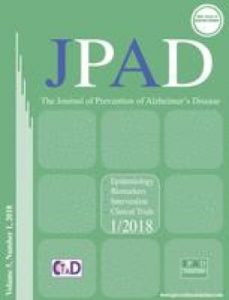
It all started – as more and more retractions do – with a post on PubPeer, this one in November 2021. The comment was about a paper titled “Efficient in vivo wound healing using noble metal nanoclusters” that had appeared in Nanoscale in March of that year:
Figure 5: There is an overlap between two images taken from different experimental conditions. I’ve added a version below with the contrast enhanced. It’s difficult to match the brightness perfectly, but all of the same structures can be matched between these two sections. Would the authors comment?
Vincent Rotello of the University of Massachusetts at Amherst, one of the corresponding authors, responded right away. “Thank you for bringing this issue to our attention,” Rotello wrote on PubPeer. “We take data integrity seriously and are investigating the origin of the image duplication.”
Continue reading Hundreds of dead rats, sloppy file names: The anatomy of a retraction





